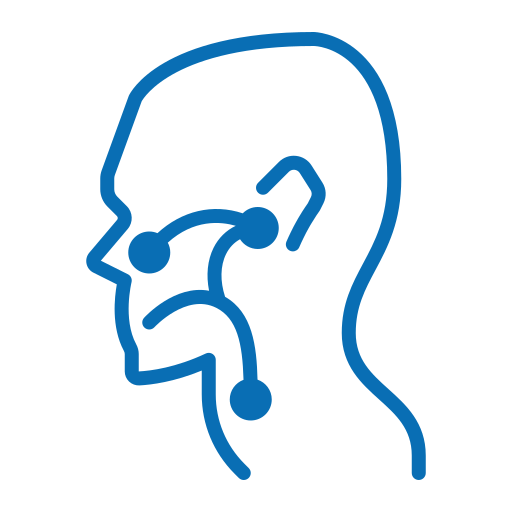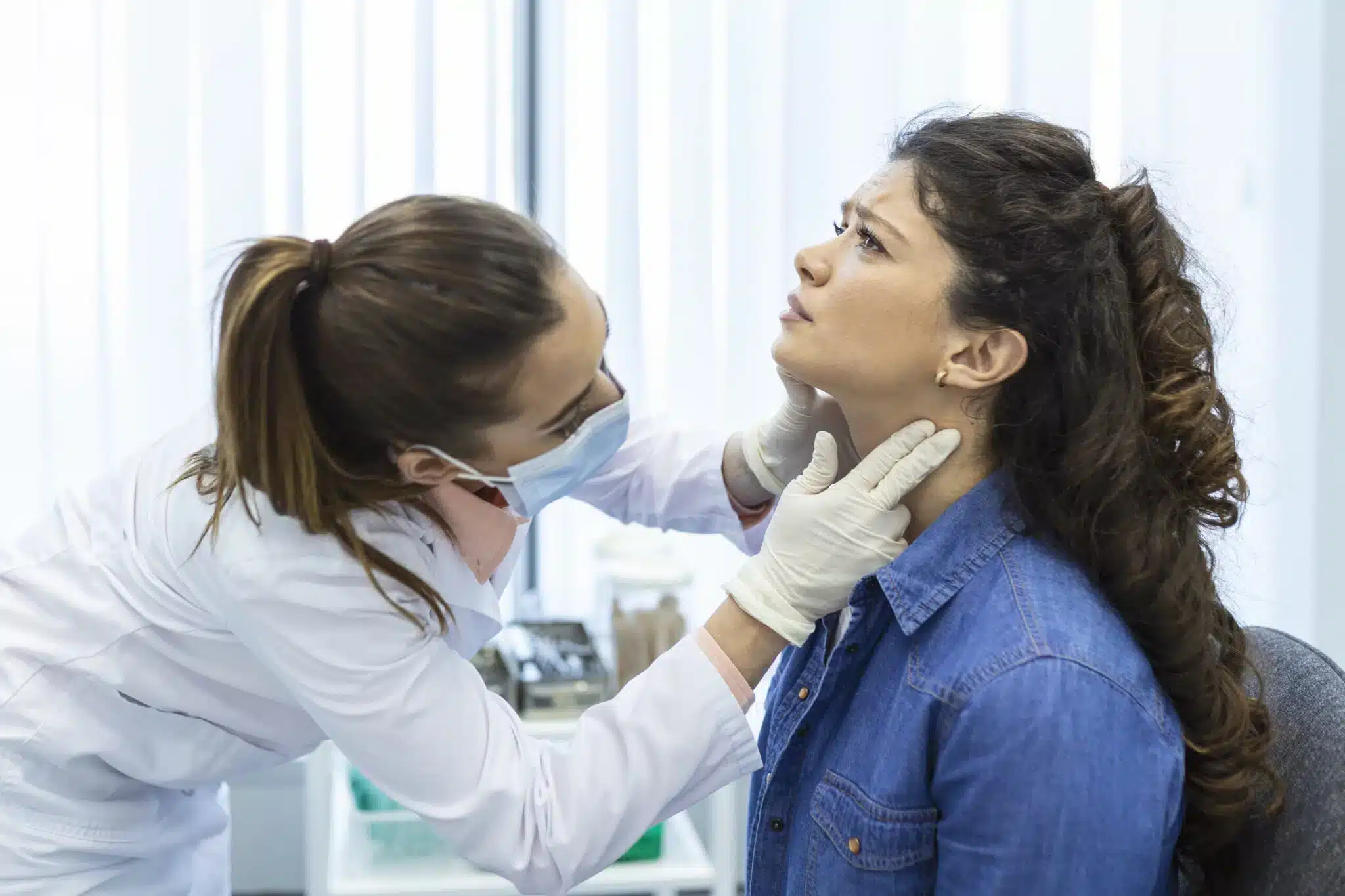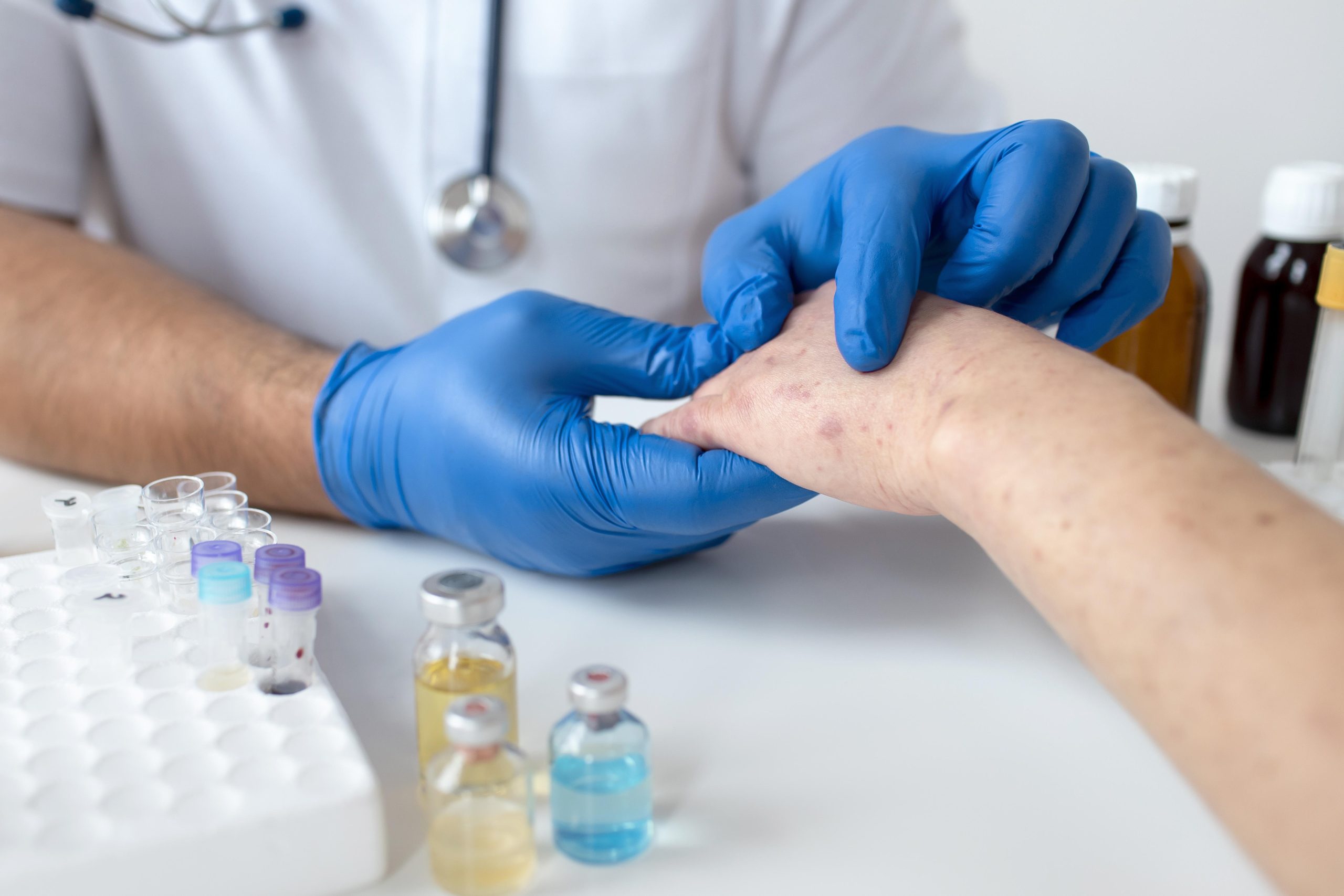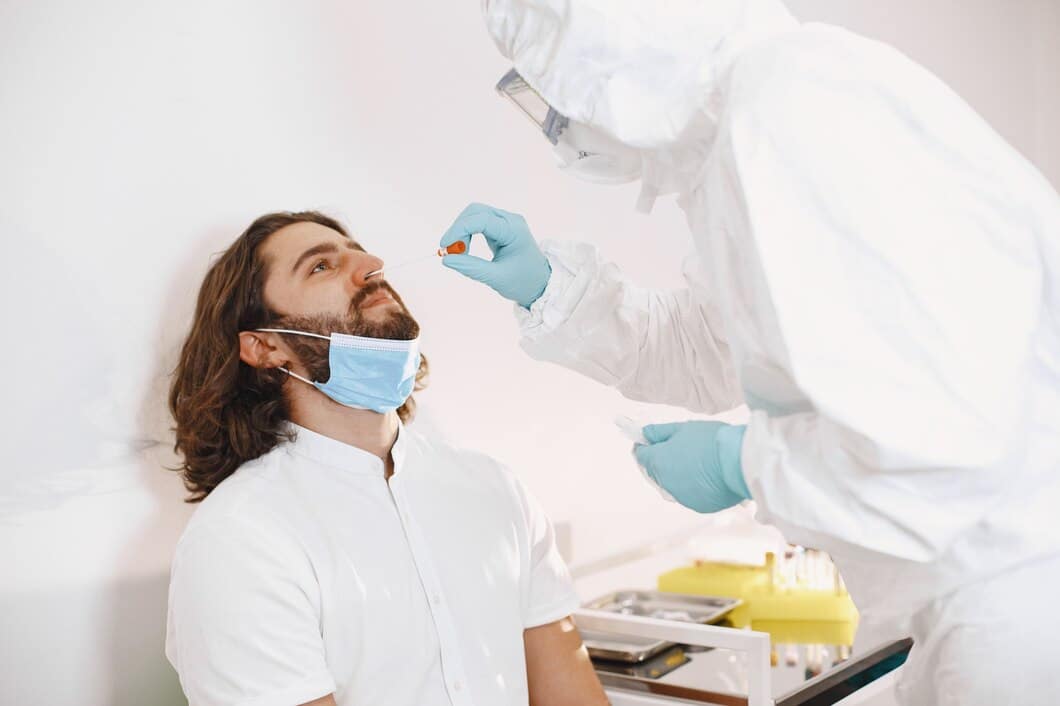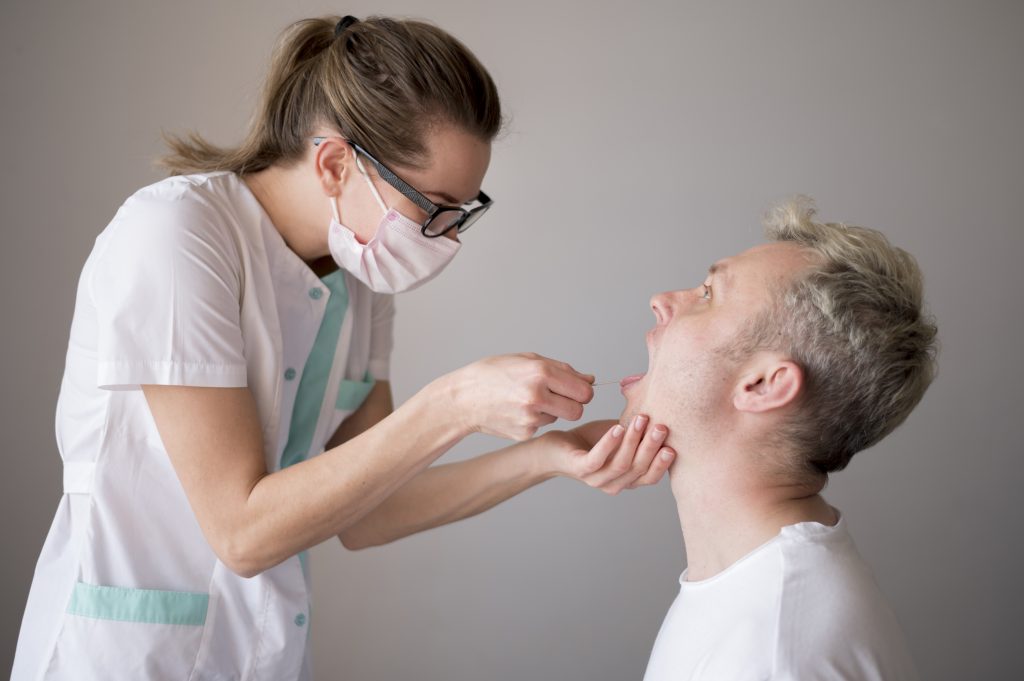An endocrine disorder is caused by abnormality in the body’s hormonal system, and hormonal imbalance can result in numerous components getting impacted within the body. Such conditions could either stem from an overworked gland or a less active one; in both cases, metabolism can become strained as well. A large number of the population in the UK are perhaps unaware of how severe these disorders might get, so it is very important that people learn the symptoms and treat them as an emergency when needed. In this blog post, we’ll highlight the varieties of endocrine disorders, their warning signs, and how Absolute Urgent Care can help in real time to treat the underlying issues.
What Are Endocrine Disorders?
The endocrine system involves multiple organs such as the ovaries, testes, and pancreas which release hormones that control metabolism, development, mood, and even reproduction. Pituitary gland, adrenal, and thyroid glands are a few of the crucial organs of the endocrine system, which is a very complex system. When these glands start working abnormally, be it hyperplasia or hypoplasia, the functions of these organs are adversely affected, and that is when endocrine disorders start to evolve.
Some endocrine disorders may involve one or more glands. They are mild in nature or extreme ones that are life threatening. Several symptoms overlap with other health conditions making them difficult to diagnose without proper tests and evaluation.
Common Endocrine Disorders and Their Symptoms
Endocrine disorders arise from one or more endocrine glands and their functions. Some of the most prevalent ones are discussed below.
1. Hypothyroidism (Underactive Thyroid)
The thyroid personally oversees the body’s metabolism, energy, and temperature control by the production of hormones. In the case where there is not enough production of the thyroid hormones, this is referred to as hypothyroidism. Symptoms will vary based on the system in the human body that the specific condition affects.
Symptoms of Hypothyroidism
- Chronic tiredness and weakness, even for physiological activities.
- A seemingly unhealthy tendency to put on weight and other weight gains.
- Tolerance to being cold.
- Difficulty in excretion.
- Inability to retain moisture on the skin and hair.
- Feeling low or getting depressed.
- Poor recollection ability.
- Painful contraction of muscles.
In case the weight gain is not justified and is abnormal, medical help should be sought immediately as well as when the fatigue is extreme and chronic. In blood tests, hypothyroidism can easily be spotted as the patients exhibit lower levels of thyroid hormones in blood than the average.
2. Hyperthyroidism (Thyroid Overactivity)
Hyperthyroidism is the situation that arises when the thyroid begins to overproduce hormones thus leading to a faster metabolic state. As a result, a good number of the body’s functions begin to operate at a faster rate.
Signs or Symptoms of Hyperthyroidism:
- Loss of weight without a reason.
- Irrationally fast heart pulse or palpitation.
- Frequent anxiety and irritability.
- Feeling hot in an abnormal way.
- Body trembles or hands shake often.
- Lack of proper sleep.
- Going to the toilet regularly for excretion.
- Women tend to have abnormal menstrual cycles.
Graves’ disease, thyroid nodules or thyroid inflammation are some of the causes associated with hyperthyroidism. Hence, it is imperative for one to seek diagnosis and treatment immediately in order to avoid the negative side effects that hyperthyroidism can cause if untreated.
3. Diabetes (Type 1 and Type 2)
Pancreas-related dysfunctions of diabetes are one of the most common endocrine disorders. In an average diabetic patient, type 1 diabetes is a condition whereby the body does not produce sufficient insulin, type 2 diabetes on the other hand is a condition whereby the body cannot make effective use of the insulin that it has. Glucose or sugar in the body cannot be transported into body cells without insulin assisting them.
Symptoms of Diabetes:
- The need to urinate often
- Dehydration
- Loss of weight with no reason
- Vision issues
- Cuts and wounds take a while to heal
- Feeling tired
- Paresthesia
In the case of type 1 diabetes, the signs develop rapidly and seem to require more aggressive healthcare treatment. Alternatively, type 2 diabetes is said to develop over time, and some measure of treatment, including dietary medicine, can contain it. However, both types can lead to very serious complications, including nerve injury, heart problems, and kidney failure if not treated over a period of time.
4. Addison’s Disease
Addison’s disease can be said to occur if someone has low levels of cortisol or aldosterone or any other hormone that the adrenal glands produce. This explains the episodes of adrenal insufficiency wherein the ability to manage stress is affected.
Symptoms of Addison’s Disease:
- Exhaustion
- Unintentional weight loss
- Hypotension
- Desire for salt
- Increased pigmentation (dark coloration in the skin)
- Increased nausea, vomiting, and diarrhoea
- Muscular power deficit
Addison’s disease may lead to a significantly serious condition known as an Addisonian crisis. The adrenal glands have the characteristic of regulating the body’s response to stress. This book will focus significantly on chronic adrenal insufficiency.
5. Cushing’s Syndrome
Cushing’s Syndrome is most commonly caused by the excessive exposure of the body to cortisol. This can occur through the administration of steroid drugs or due to other factors such as having tumours in the adrenal glands and pituitary glands. Cortisol helps the body respond to stress, controls metabolism, and also helps in regulating inflammation.
Signs of Cushing’s syndrome include the following:
- Gaining weight, the development of rounded skin around the neck and face. Alteration of complexion resulting in a rounded appearance of the whole face commonly called ‘moon face’.
- Fragile skin that is easily affected by slight bruising. Purple marks that appear on the skin due to sudden stretching. Some form of high blood pressure. Swollen muscle weakness. Increased urination and excessive thirst.
- Change in mood or depressive state. Depending on the symptoms presented by the patient, Cushing’s syndrome can be treated with a combination of imaging tests and blood samples. Other treatment options might include surgery, medications, or a change in the use of steroids.
6. Polycystic Ovary Syndrome (PCOS)
PCOS is one of the most common hormonal disorders among women in the reproductive age. It results when a woman’s ovaries secrete less male hormone, leading to the reproduction of various symptoms.
PCOS – signs and symptoms:
- Menstrual cycles that are inconsistent or absent altogether
- Hirsutism, or the rise of excessive body hair of male-pattern types and density
- Acne or sebum types of skin
- Or hair loss in women resulting in a male-style haircut
- Infertility, meaning inability to conceive in women
Infertility in women has been attributed to PCOS, which can be treated and found to be managed efficiently. Unfortunately, very few women are able to manage the condition. The management or treatment approaches may include hormonal birth control pills to regulate their monthly cycle, depilatory medications or changing their lifestyle and eating habits.
How Can Improving Our Urgent Care Help With Endocrine Gland Problems?
Due to the many symptoms and delicacies of endocrine diseases (EDS), swift action must be taken to carry out an accurate diagnosis to develop an appropriate treatment plan. Some issues like hypothyroidism or diabetes may not seem serious, but other problems like Addison’s disease or insulin shock can be termed extreme.
Absolute Urgent Care provides immediate relief to patients who are troubled by endocrine disease. The following are ways in which the management of such conditions can be undertaken in urgent care centres:
- Prompt diagnosis and maximum understanding of the problem
Centres such as Absolute Urgent Care possess equipment for various blood tests. For example, glucose levels, thyroid function tests, and testosterone levels are a few of them. Managing a diabetic patient suffering from long-term risks requires such measures.
- Management of Symptoms
The assessment and treatment of endocrine symptoms along with the management of associated symptoms is one of the reasons these clinics exist. For instance, if a patient is experiencing an adrenal crisis due to Addison’s disease or a high blood sugar level due to diabetes, urgent care providers are able to offer IV fluids, insulin or cortisol, among others, to treat the enrolled patient.
- Referral to Specialists
In complicated endocrine disorders, with respect to urgent care, prosthodontics after referral, patients can see endocrinologists or other surgical specialists. Our medical staff recommend oncologists who will provide advanced treatment; for instance, if you are in search of treatments for diabetes, thyroid diseases, or hormone replacement therapy.
- Preventing Complications
Aims in this direction can be achieved by controlling and treating symptoms of endocrine disorders while still in the early stages and with immediate medical attention. Let’s take diabetes; for instance, a change in blood sugar before it escalates into an emergency diabetic ketoacidosis can be extremely helpful, or treating an adrenal crisis can also have life-saving results.
When to Visit an Endocrine Emergency Centre
There will be patients suffering from endocrine disorders who will not require any form of emergency treatment. However, there are essential situations that are critical enough to require immediate attention. Some of the symptoms that necessitate a visit to Absolute Urgent Care are:
- Severe fatigue or rest-related dizziness that does not seem to go away
- Significant increase or decrease in body weight without an obvious reason
- Blood pressure readings above or below the normal range
- Pulmonary issues such as shortness of breath and chest pain
- Intense cramping in the lower abdomen with possible nausea or vomiting
- Extreme behavioural changes or altered cognition
- Faintness and blackouts
There are a range of other symptoms which indicate the need for immediate medical assistance. If these signs or symptoms start to show, it’s always ideal to rush to a healthcare centre regardless of whether the issue stems from within or not, as complications will surely negatively affect the standard of living and health overall.
Disorders of the endocrine system
Disorders of the endocrine system interfere with several of the body’s functions. If someone has issues with their thyroid, diabetes, or adrenal insufficiency, the target organs include the ovaries, testes, pancreas, kidneys, etc. and if treated on time can help the body in many ways. Absolute Urgent Care saves time assisting their patients while also guaranteeing a 100% recovery without any further complications.







